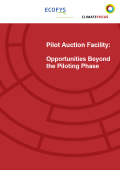
The objective of this report Pilot Auction Facility: Opportunities Beyond the Piloting Phase is to identify opportunities for achieving greenhouse gas (GHG) mitigation through the climate finance model developed by the Pilot Auction Facility for Methane and Climate Change Mitigation (PAF).
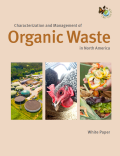
The white paper Characterization and Management of Organic Waste in North America identifies challenges, opportunities and solutions related to increasing organic waste diversion and processing capacity in North America, with a focus on how to address challenges and opportunities in Canada, Mexico, and the United States, and identifies potential areas for regional cooperation.
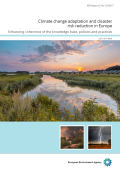
This report Climate Change Adaptation and Disaster Risk Reduction in Europe aims to contribute to better informed EU, national and subnational strategies, plans and multi-stakeholder processes for enhancing the coherence between Climate change adaptation (CCA) and disaster risk reduction (DRR).
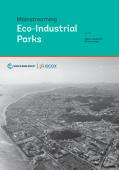
Eco-industrial parks (EIPs) and low-carbon zones can help address environmental and ecological challenges while retaining their role as production hubs and growth centers.
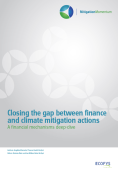
This paper Closing the Gap between Finance and Climate Mitigation Actions investigates which factors make a climate finance mechanism successful.
